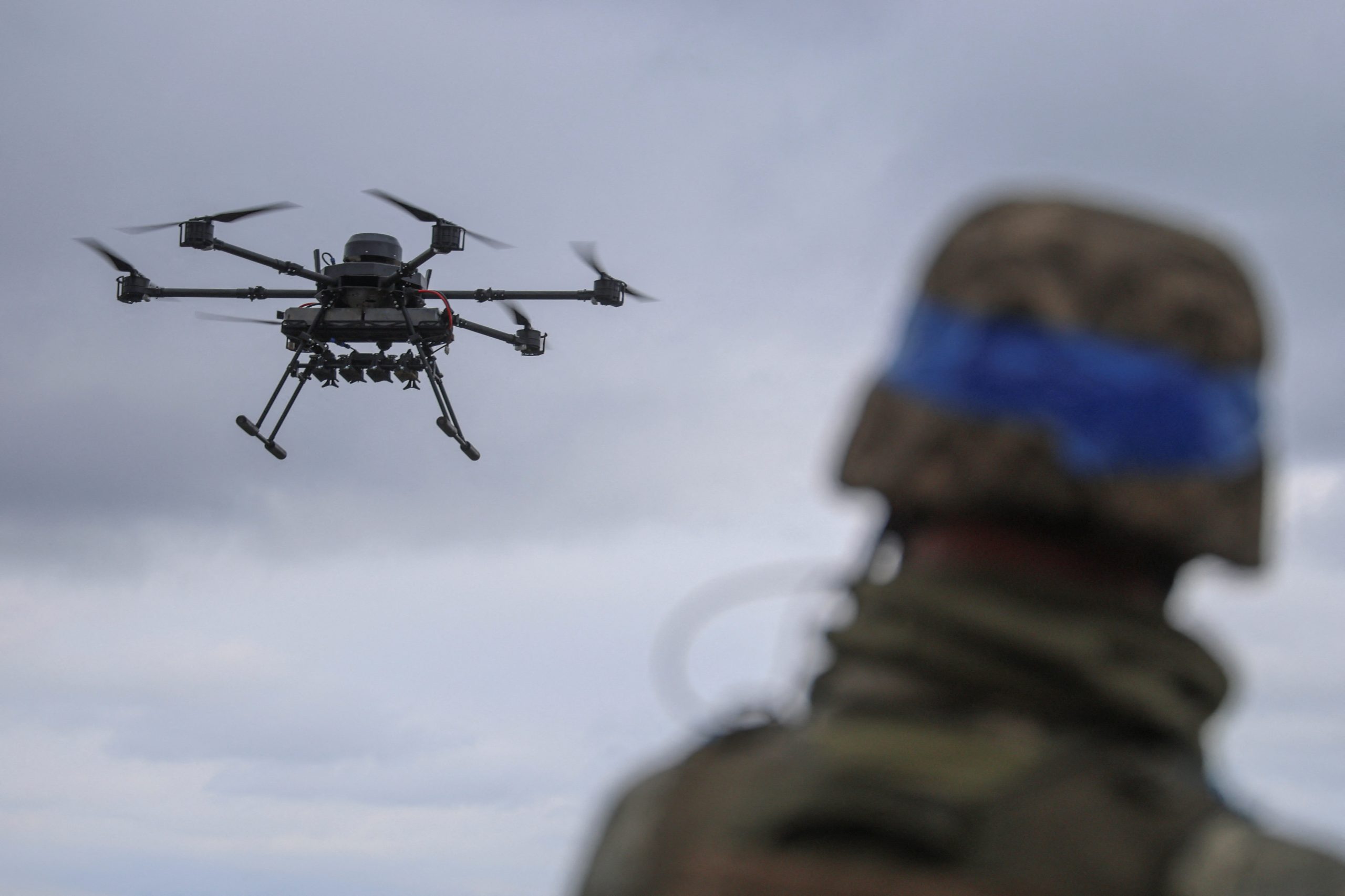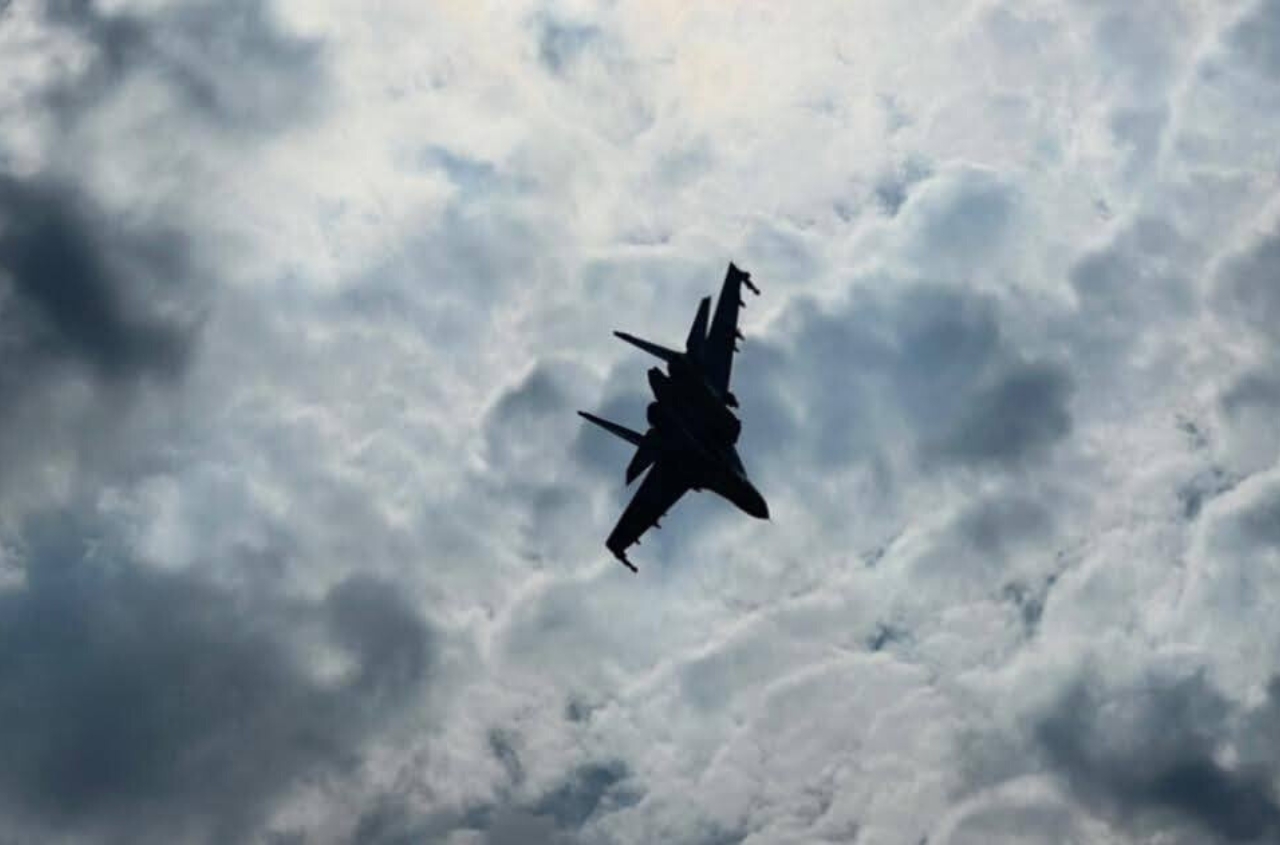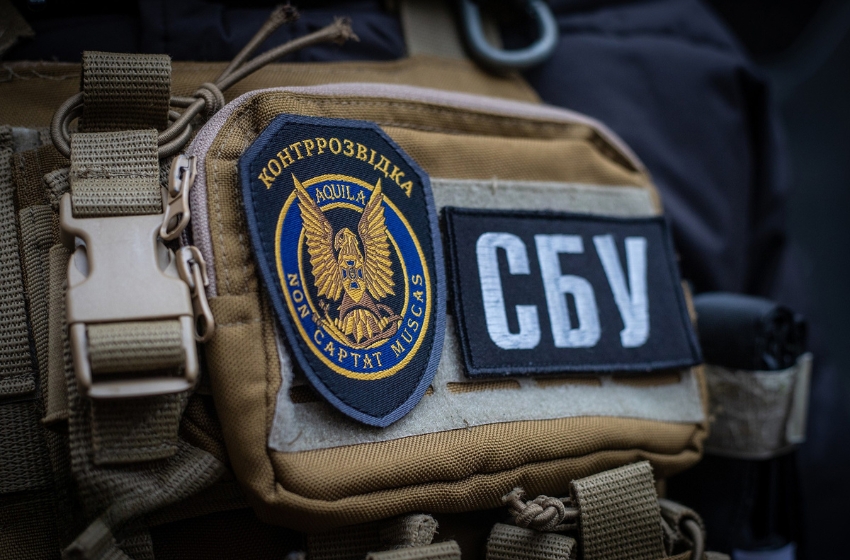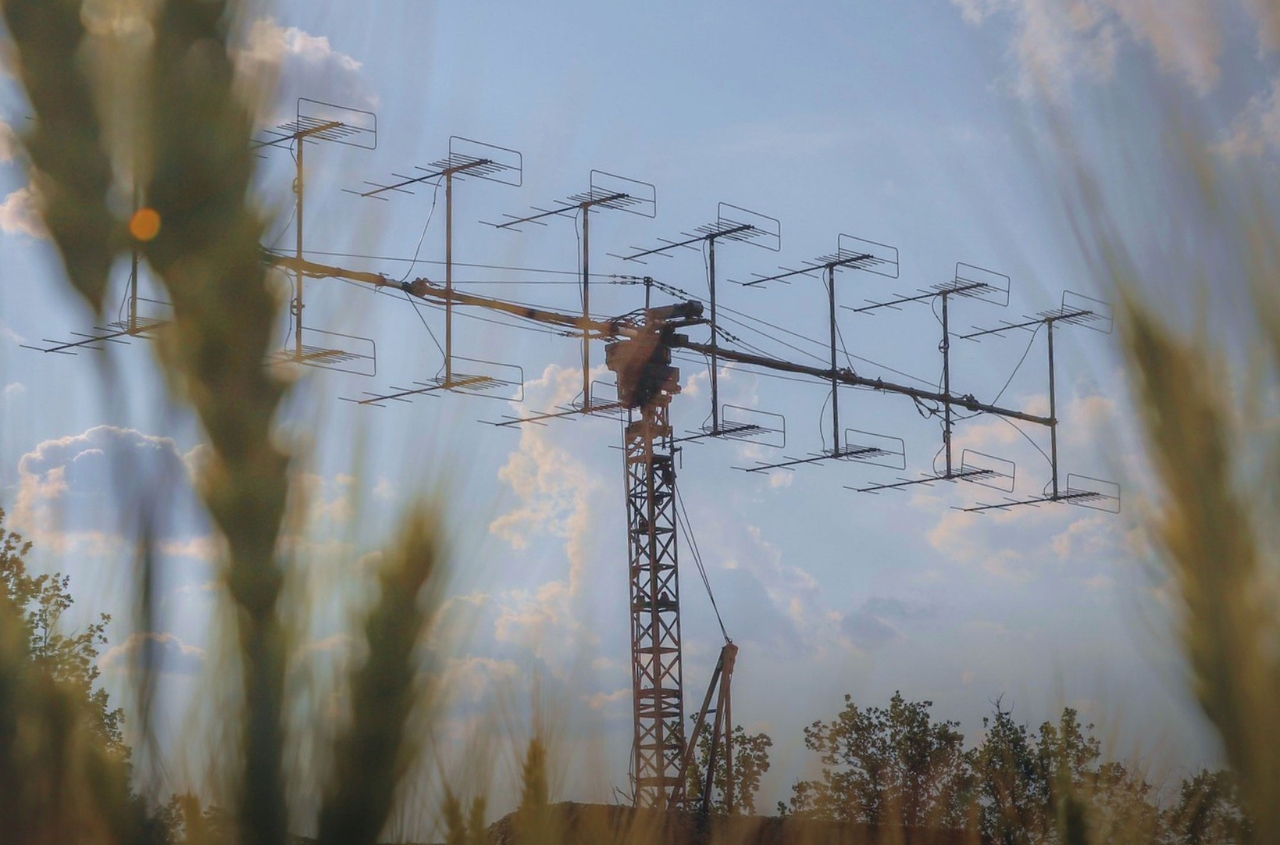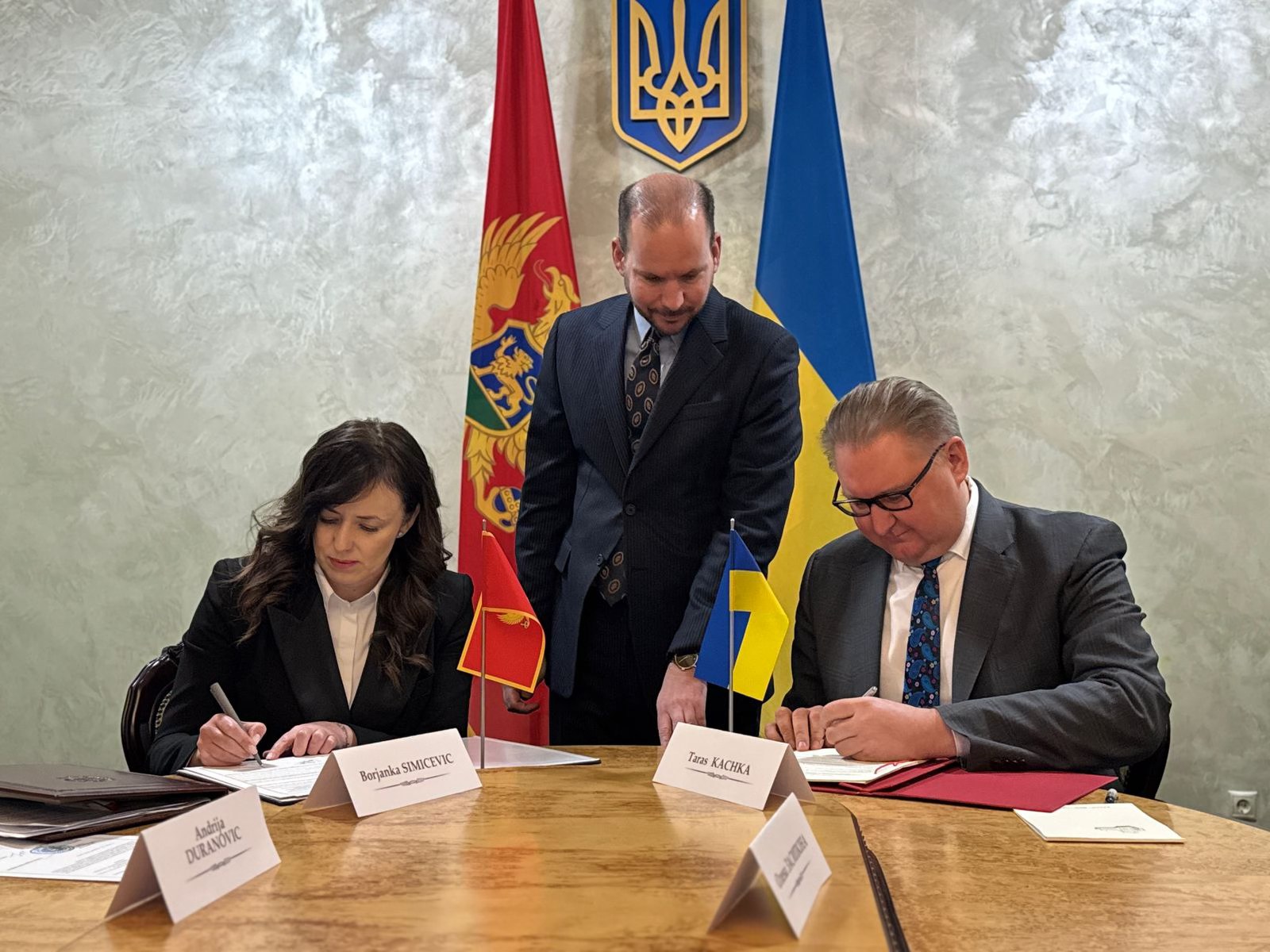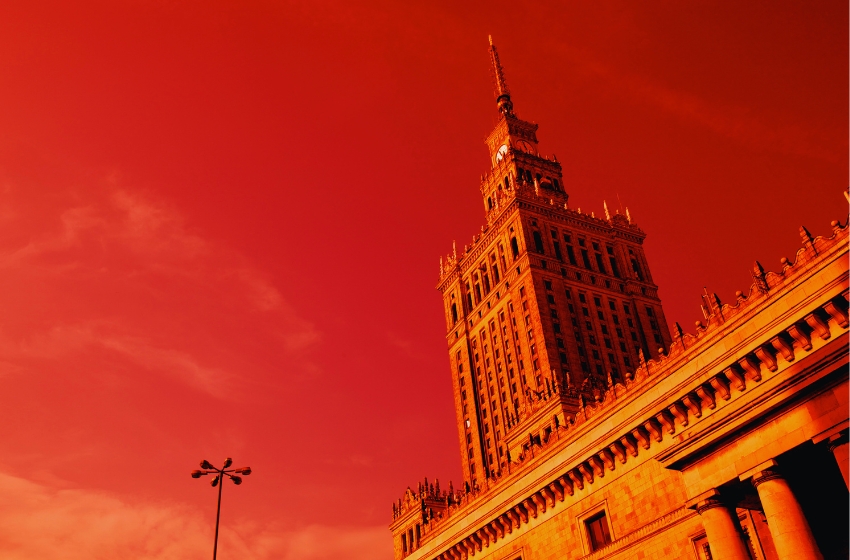President Vladimir Putin, during a Security Council meeting focused on nuclear deterrence, discussed changes to Russia's nuclear doctrine. In the updated document, he proposed that aggression from any non-nuclear state supported by a nuclear power should be regarded as a joint attack on Russia, reported by The Moscow Times.
Putin stated, “We will consider the possibility of using nuclear weapons if we receive credible information about a massive launch of aerospace attack means crossing our state border, including strategic and tactical aircraft, cruise missiles, drones, hypersonic and other aircraft.”
This means the new rules could allow Russia to use nuclear weapons against Ukraine if Ukrainian armed forces deploy long-range Western weapons against targets within Russian territory.
He emphasized that nuclear forces remain a key guarantee of the country's security, hence the necessity to regularly update the nuclear doctrine in response to changing military-political circumstances, including emerging threats to Russia and its allies.
One significant change includes Russia’s right to use nuclear weapons if aggression occurs against Belarus, even using conventional arms. Putin noted that all relevant issues were coordinated with Belarusian leadership.
He asserted that all changes to the nuclear doctrine have been carefully “calibrated” and are “proportional” to existing military threats. In June, Putin expressed intentions to revise the nuclear doctrine, stating a willingness to “go all the way” in Ukraine, claiming that Western nations continuously escalate the situation, aiming for “strategic defeat of Russia on the battlefield.” He warned that for Russia, strategic defeat would mean “the end of its statehood” and “the end of a millennial history.”
He raised the question of why Russia should fear, suggesting, “Isn’t it better to go all the way?” He linked the revision of the doctrine to the West's alleged consideration of lowering the threshold for nuclear weapons use and the development of low-yield nuclear devices.















